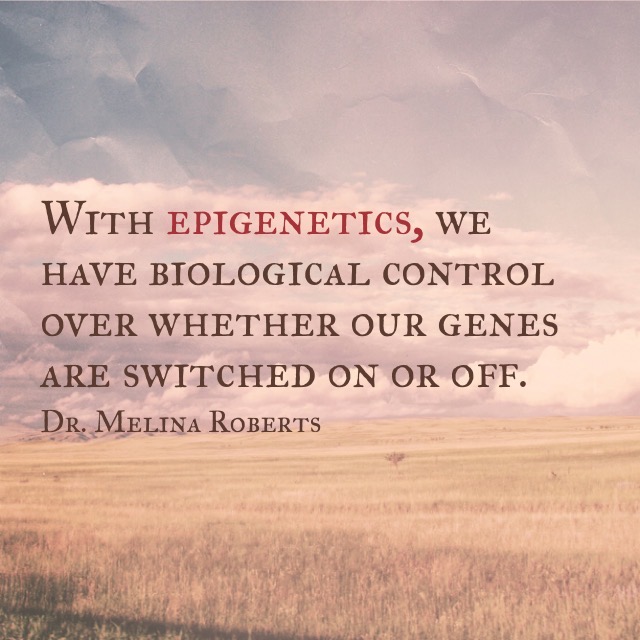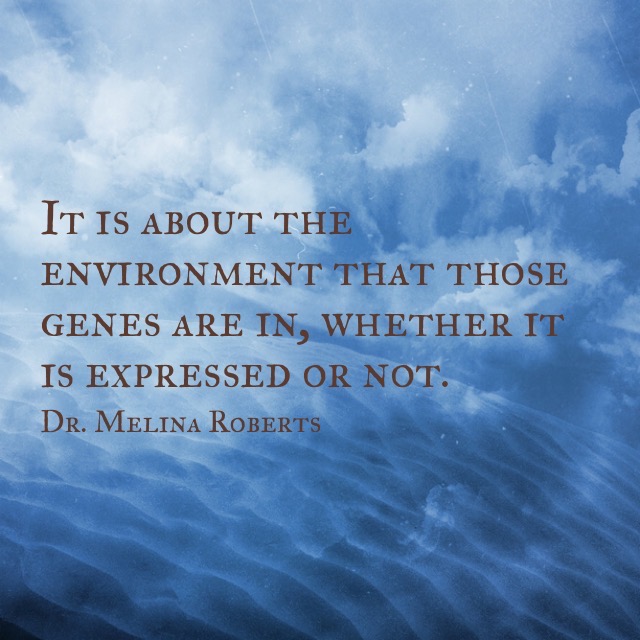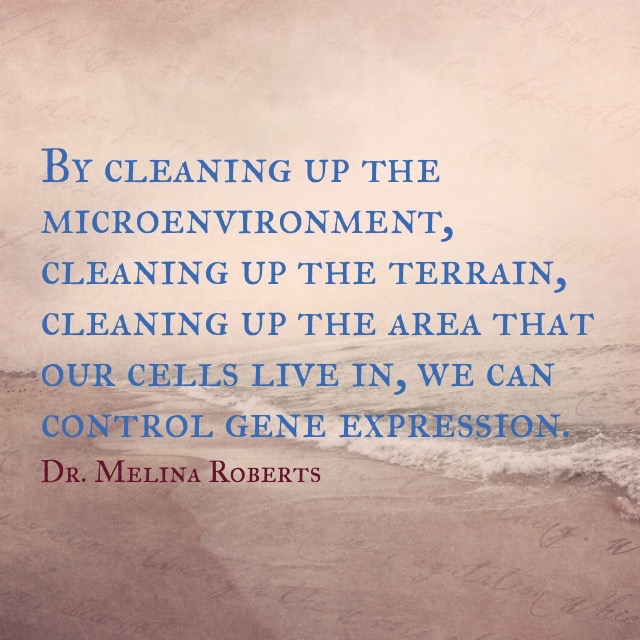Epigenetics is the study of biological mechanisms that can switch genes on and off.
Many people blame their health problems on genetics. What we really need to understand is, yes genetics can play a role in our health but with epigenetics, we have biological control over whether our genes are switched on or off. So even if we have a gene for a specific disease process, it is about the environment that those genes are in, whether it is expressed or not. This is why we need to look at the microenvironment, the terrain of the cell, the area around our cells that our cells live in, the extracellular space. The more we can clean up this environment that our cells live in, then we can have an affect on how the genes are expressed. This is the essence of epigenetics, it is all about the environment that our cells are in that will affect that genetic expression.
There are a number of environmental factors that will affect how clean that microenvironment is or how clean that terrain is. This can be affected by the foods that we are eating, our microbiome, infectious agents, environmental toxins, heavy metal exposure, emotional conflicts, or structural imbalances.
Another factor in terms of cleaning up that microenvironment is opening up the organs of detoxification, such as our liver, our kidneys and our lymphatic system, so that they can clean up that terrain, clean up that microenvironment so that the toxic load does not get stuck in our tissues and that toxic load can effectively move out of the body. This will affect the epigenetics of the body, which will affect how our genes are actually expressed. The more we can clean up this environment, the less likely we are express problematic genes. This is how we can control gene expression, is through understanding epigenetics. By cleaning up the microenvironment, cleaning up the terrain, cleaning up the area that our cells live in.



